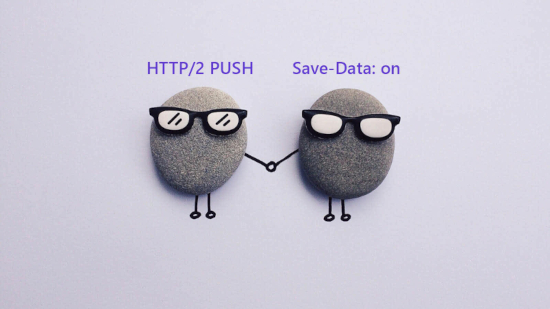Compression & metadata removal#

Picture by Mike Haynes under CC0 1.0 License#
Compressing from the command line#
There are multiple scenarios where you would need to compress your files, whether it is for a web development project or to send some attachments by email, just to name a few examples. You do not necessarily need to rely on proprietary software products or GUIs to achieve these tasks, especially if your are a Linux user.
In fact, Linux has many command line tools that allow you to compress your PDF and image files easily. My favorite open source tools for the compression of PDF and image files are ps2pdf and jpegoptim, respectively.
Compressing PDF with ps2pdf#
ps2pdf is a PostScript-to-PDF converter that uses ghostscript to convert a PDF into a PostScript file before converting it back again. This process allows you to compress your initial PDF file. According to its man page, ps2pdf provides nearly all the features that you would find in Adobe’s Acrobat ® product, Distiller ®.
Installing ps2pdf on Linux#
To install ps2pdf with all the required dependencies, you need to install ghostscript.
On Debian based distros, run the following commands:
$ sudo apt-get update
$ sudo apt install ghostscript
For Red Hat based distros, use the following commands:
$ sudo dnf update
$ sudo dnf install ghostscript
ps2pdf commands#
To compress a file without any additional options, type the following command:
$ ps2pdf [options...] {input.[e]ps|-} [output.pdf|-]
Note that ps2pdf uses the same options as ghostscript.
Depending on your work scenario, you can achieve the best results in terms of file compression and image quality by using the option -dPDFSETTINGS=/ebook:
$ ps2pdf -dPDFSETTINGS=/ebook input.pdf output.pdf
Metadata and privacy implications#
Metadata reveal more about you than you might imagine. Here is an example of the metadata that were extracted from an image file taken by a conventional smartphone: Image Type, Width, Height, Exposure Time, Aperture Value, ISO Speed Rating, Flash Fired, Metering Mode, Exposure Program, Focal Length, Software, Camera Brand, Camera Model, and Date Taken.
With this information at hand, malicious users can easily search for the most recent vulnerabilities associated with your device and craft a custom payload. Therefore, it is always good practice to remove metadata from your files before handing them over.
Installing mat2 on Linux#
mat2 is a metadata anonymization toolkit that runs from the command line. mat2 allows you to remove metadata from a wide range of file formats, including archive, image, office, audio, video and PDF files.
To install mat2 on Debian based distros, run the following commands:
$ sudo apt-get update
$ sudo apt install mat2
For Red Hat based distros, use the following commands:
$ sudo dnf update
$ sudo dnf install mat2
Removing metadata with mat2#
mat2 does not overwrite the source file. Instead, it will generate a new output file that contains the word cleaned between the filename and the file extension. If you run the command below, mat2 will generate a new file called foo.cleaned.pdf:
$ mat2 foo.pdf
PDF forensics and safety measures#
As a general rule of thumb, you should never, ever open PDF files in a productive environment, even if you receive such files from people you trust. The reason for this is pretty obvious, since the persons you trust may themselves not be aware of the presence of an embedded payload in the PDF file.
For PDF files that do not contain any sensitive information, you can run a check on VirusTotal. Beware though, that hackers also run a preliminary test on VirusTotal to make sure that their malicious payloads will not be flagged.
For an in-depth analysis, it is recommended to use forensic tools such as pdfid.py in combination with the PDF parser pdf-parser.py from Didier Stevens.
Note
Even when using your tools of choice to analyze suspicious PDF files, you should always perform your analysis on a virtual environment or in a sandbox, with no connection to any other devices or a network. Remember, never run these tests on a productive environment!
As a safety measure, check also if your PDF reader supports JavaScript by default and disable it. There are multiple open-source PDF readers that do not render JavaScript at all.